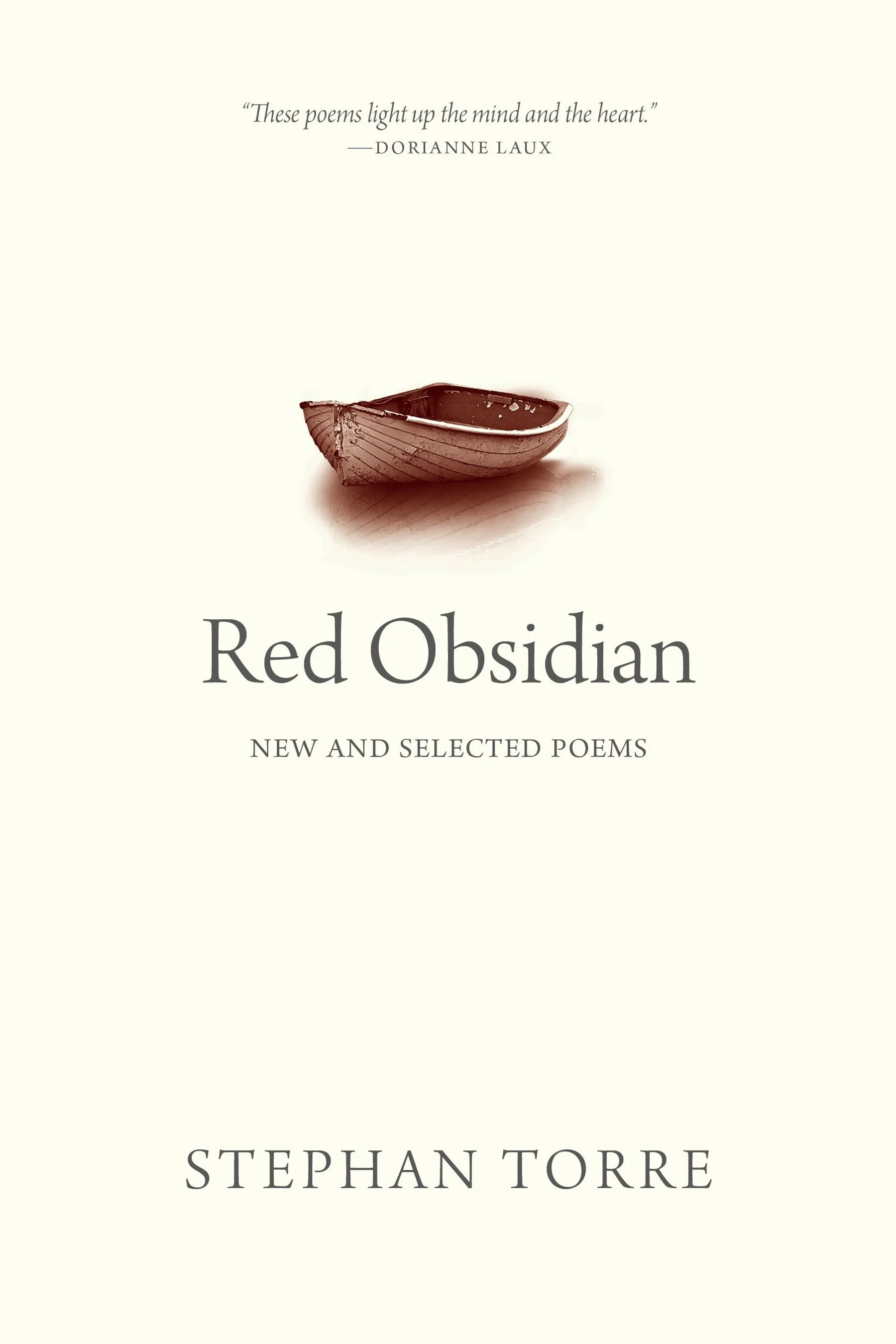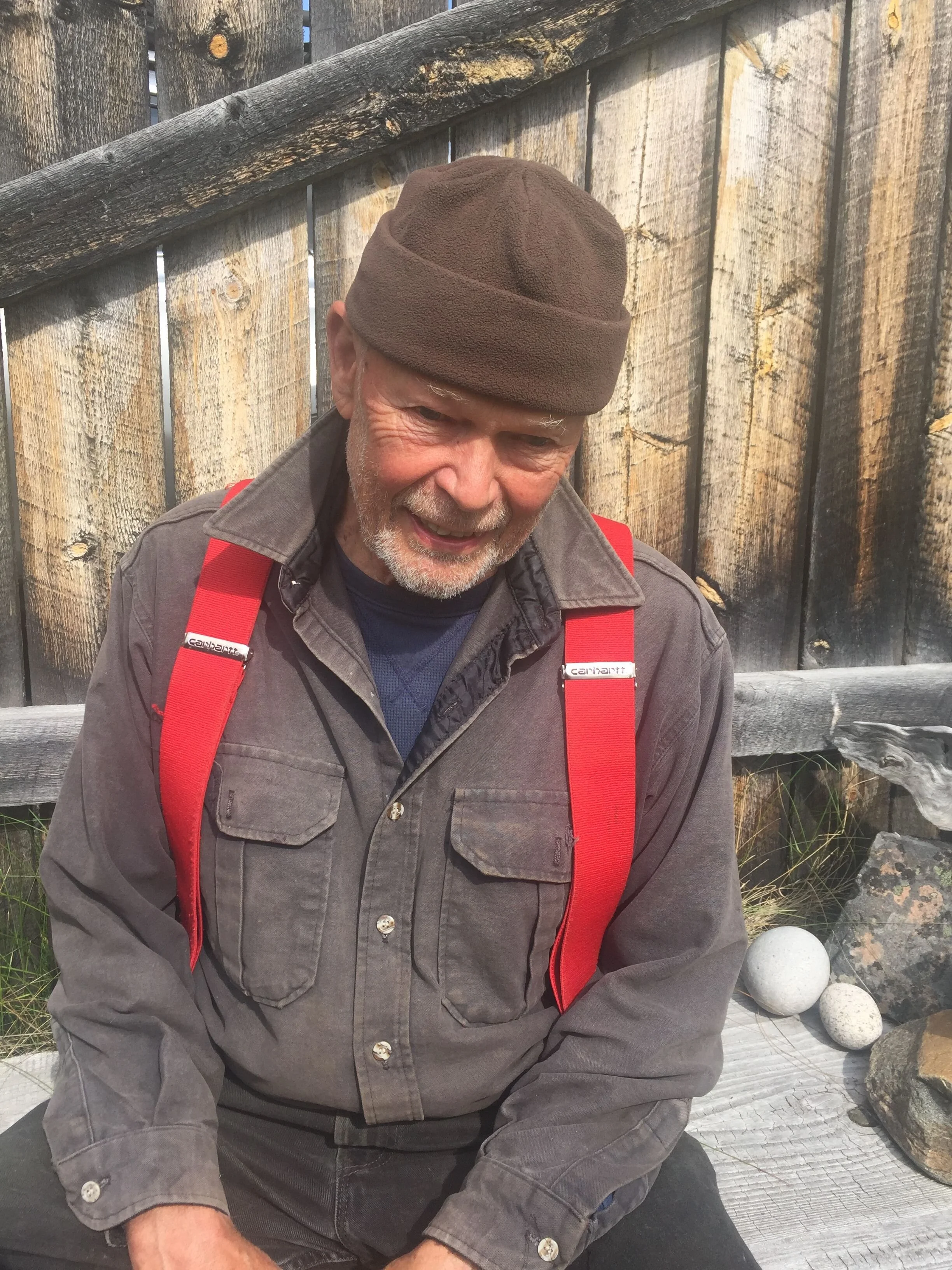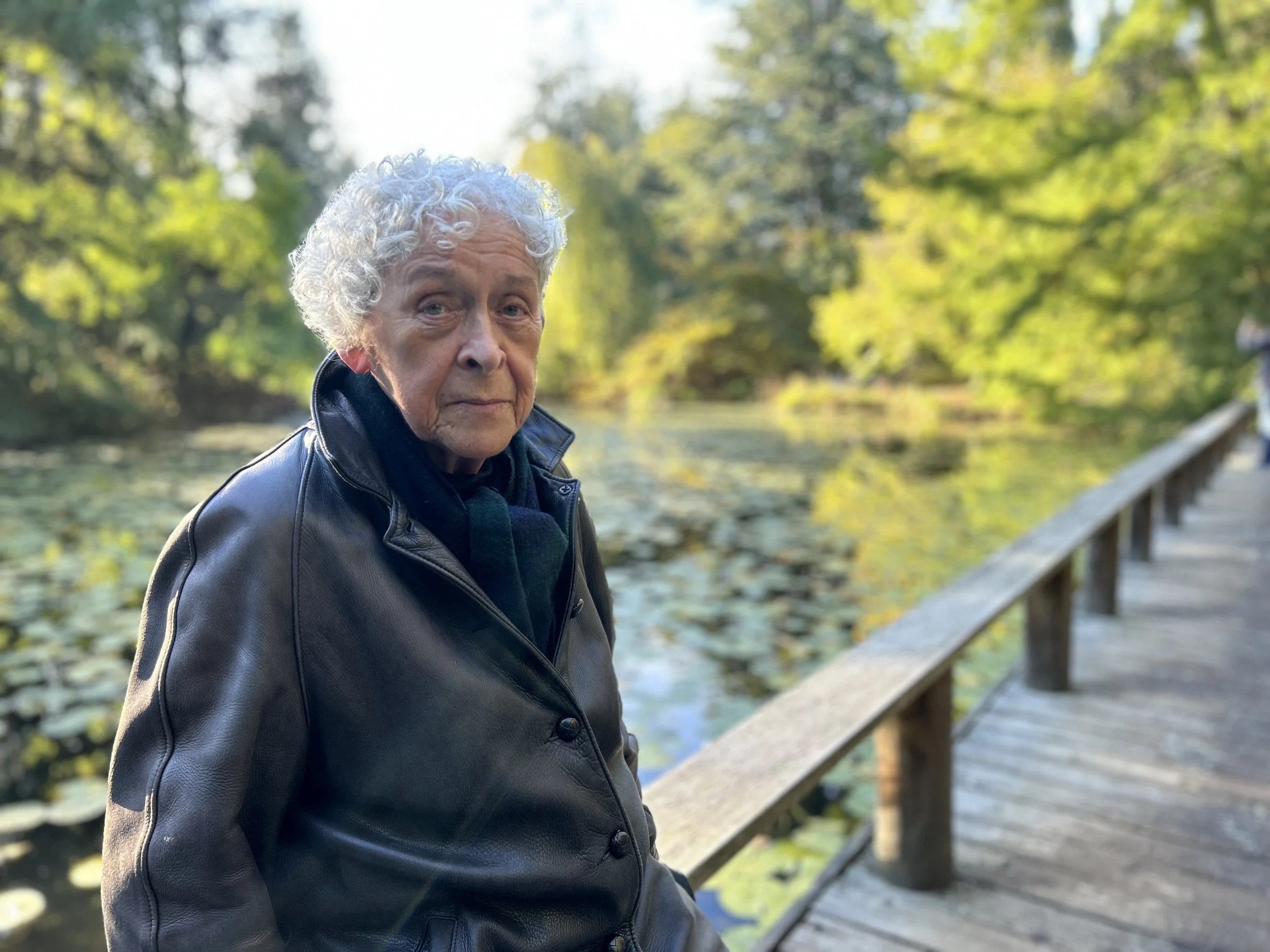With Red Obsidian, poet Stephan Torre reminisces on life in the Northwest wilderness
The new poetry collection travels from adventure to adventure
ACCLAIMED B.C. POET Stephan Torre’s latest collection of poetry, Red Obsidian: New and Selected Poems (University of Regina Press), touches on the disappearance of nature in the modern world, the beauty of farming, lost love, and gender norms. Drawing inspiration from deeply personal experiences as well as poets like W.S. Merwin, Theodore Roethke, and James Wright and featuring selections from Torre’s past poetry books, Iron Fever: And Other Poems and Man Living on a Side Creek: And Other Poems, Red Obsidian is an epic tale of Torre’s life in northwestern North America.
“It's about love and loss—loss of remarkable people and wild habitat,” Torre says in an interview with Stir. “[It’s] certainly a celebration of wild land, British Columbia, as well as the high desert in the United States and covers a lot of terrain in my life, as well as a fair amount of grief, loss of wild land, reflections on gender and traditional male roles in labour.”
Having spent much of his youth in Monterey and San Francisco, Torre studied at Berkeley. His love of the wilderness led him and his wife, painter and pilot Judy Currelly, and two daughters to move to the Canadian Rockies. Over the years, Torre has lived off-grid and rurally in Montana, Wisconsin, California, and British Columbia, with B.C. being home. His diverse working life includes college teaching, counselling and family services, farming, logging, and construction.
Stephan Torre. Photo by Judy Currelly
With Red Obsidian, Torre wanted to correct “the mythology of living off the land”. The environment is less isolated than most people might think and is an atmosphere that celebrates nature. In “Man Living on a Side Creek” he explores aspects of the modern world that are more harmful than living out in the wilderness: “What keeps any man/living in a single room?/Who am I for him? The coffee/is acid, and the old pot warps/reflections on the table.”
Some of the pieces in his new collection were influenced by great Chinese poets of the Tang Dynasty. “After LuYu”, for instance, is an homage to the that artist, touching on his enjoyment of social drinking and the state of inebriation.
Inspired as much by English pastoral, Indigenous, and Latin poets, Torre also delves into tanka, a genre of classical Japanese poetry. Traditional tanka poems consist of 31 syllables written in a single, unbroken line. In English translations, tanka tends to take on a five-line form, which consists of five lines of five, seven, five, seven, and seven syllables respectively. “Short Story” stands out as a profound glimpse into the tougher days of living out on remote land. “I tied up my horse/ and built a fire in the rain/ as the river rose/ homesteads kept floating downstream, fresh trout cooked on the last coals/homesteads kept floating downstream,/fresh trout cooked on the last coals.”
“We Went Out to Make Hay” is an 11-page poem that transitions from adventure to adventure with the phrase “we went out”. The outdoorsman depicts a rugged life beginning with “We went out to dig the veins of the black bear/ We went out to the meadows that floated like women or low clouds /We startled geese on the sand bars.”
From “Reading Merwin on a Flight to Whitehorse” to “What Won’t Release”, which about his spreading of ashes of an old friend, Torre compares the practice and art of writing to working with wood. “Sometimes you can just whittle away, or saw away on a piece of wood and pretty soon you got a pile of sawdust. It never quite takes a shape that reveals what it wants to be and sometimes the feelings, the ruminations around a poem never quite reveal themselves the way a piece of wood might.”
His wish with Red Obsidian is simple. “I hope readers find some pleasure,” he says, “Just a little bit of pleasure.”















